Petition: Greek economic recession from the public health perspective: The social cost
SENSE invites the authorities to consider the unintended consequences of the recent decision to prosecute Dr Katerina Matsa and Mr. Stavros Kevopulos in the light of the right to health and access to treatment in one of the most vulnerable groups in Greece.
Prosecuting treatment providers due to denial to disclose personal data of the patients represents a dangerous precedent and should be publicly debated.
Aiming to protect social welfare and increase community resilience, current trends in numerous countries involve a paradigm shift towards recovery oriented interventions and social inclusion, mainly due to evidence on cost effectiveness and individuals’ well-being. In contrast, Greek authorities intensify the actions against psychosocial treatment of substance misuse as part of radical austerity measures. The consequences of such approach are excessive for the Greek society and jeopardize public health, social cohesion and community safety. In the latest attempt to further degrade one of the most important psychosocial treatment centers in Greece, an indictment has been raised against the scientific director, Dr. Katerina Matsa and the unit team leader Mr. Stavros Kevopoulos because they refused to reveal service users’ identifiable personal data. As a pretext, an alleged stolen bag following Athens street protest in 2012 found in one of the social reintegration units was used. The scientific director of 18 ANO was asked to make morally, ethically and legally unjustified decision and breach confidentiality and privacy of the service users, which she rightfully denied.
Criminalization of the therapeutic process and invasion of privacy will reinforce vulnerable groups’ fears of stigma and prosecution, deterring them from entering any form of psychosocial treatment. By sending the message that “what is shared in therapy will be available to the authorities as well”, resistance and skepticism of those in need will be reinforced, prejudicing conclusions that treatment centers will no longer be able to provide confidential care. Thus, individuals with substance misuse problems, who tend to face numerous problems with criminal justice due to their drug use, will lose their right of access to treatment, knowing that they cannot establish an open and trustful relationship with their therapist. The demand to breach confidentiality represents invasion of privacy, professional misconduct and questions legitimacy of the request. Such precedent would be in direct conflict with the guaranteed right to health and directly violate the principle of confidentiality, significantly impairing the level of achieved rights in the specific field. Absence of confidentiality assurance, coupled with fear of public disclosure, will discourage many from seeking treatment and may consequently have tremendous effects on public health and local community safety.
We strongly condemn the punitive stance adopted by the Greek authorities and emphasize that such criminalization of therapeutic process and penal-centered practices lead to further degradation of the public health system, devaluate the work of 18 ANO and other psychosocial treatment units and influence professional liability in the addiction field.
We strongly oppose policies that create obstacles for individuals with substance misuse problems to access health care, inducing fear and insecurity and hindering treatment seeking.
Fivos Papamalis, SENSE Team Director
Keep up-to-date with drug policy developments by subscribing to the IDPC Monthly Alert.
